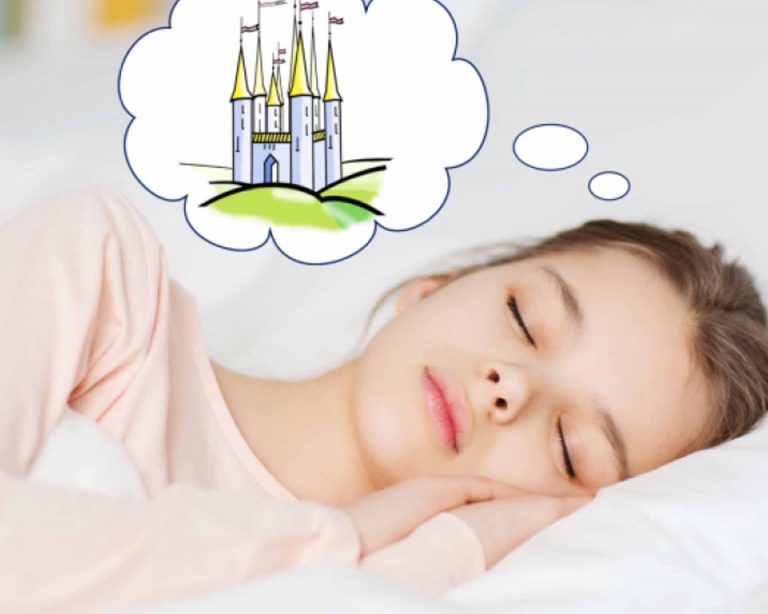Dear Parents,
Your child’s health and well-being are your top priorities, and we know you’re doing everything possible to nurture their growth. Nutrition and exercise are common focus areas, but there’s a third pillar that needs equal attention – sleep.
Understanding the complexities of sleep in children is critical. Governed by the circadian rhythm (our internal body clock) and sleep-wake homeostasis (a system ensuring adequate sleep), your child’s sleep patterns evolve as they grow. A baby’s sleep schedule, for example, is strikingly different from a teenager’s.
Physical and mental health benefits from quality sleep are remarkable. Good sleep fosters growth, helps prevent obesity, strengthens immunity, improves mood and behavior, and enhances cognitive abilities. Moreover, adequate sleep lowers the risk of mental health disorders such as depression, anxiety, and ADHD.
As parents, you play a pivotal role in promoting good sleep hygiene, which involves maintaining consistent sleep schedules, creating a calm sleep environment, and establishing healthy bedtime routines.
Let’s talk about sleep schedules first. According to the American Academy of Sleep Medicine and the Sleep Foundation, here are the recommended amounts of sleep for children of different ages:
- Newborns (0-3 months): 14-17 hours
- Infants (4-11 months): 12-15 hours
- Toddlers (1-2 years): 11-14 hours
- Preschoolers (3-5 years): 10-13 hours
- School-age children (6-13 years): 9-11 hours
- Teenagers (14-17 years): 8-10 hours
Creating a routine with calming pre-bedtime activities like reading a book signals to your child that it’s time to rest. Also, reducing screen time at least an hour before bedtime can improve sleep quality by minimizing exposure to blue light, known to disrupt sleep patterns.
When it comes to food, avoid giving your child heavy, fatty, or spicy meals close to
bedtime as these can cause discomfort and interfere with sleep. Caffeinated drinks like soda and chocolate should also be avoided. Instead, opt for sleep-friendly foods like a glass of warm milk, a banana, or a small bowl of whole-grain cereal with milk, which contain sleep-promoting nutrients like tryptophan, magnesium, and calcium.
In conclusion, parents, remember that quality sleep is as vital as a balanced diet and regular exercise for your child’s overall health. By fostering good sleep hygiene from an early age, you’re laying the groundwork for your child’s lifelong wellness. Here’s to peaceful nights and healthier, happier days ahead for your family!
References:
- Kryger, M., Roth, T., & Dement, W. (latest edition). Principles and Practice of Sleep Medicine. Elsevier Health Sciences.
- El-Sheikh, M., & Sadeh, A. (2015). I. Sleep and development: introduction to themonograph. Monographs of the Society for Research in Child Development, 80(1), 1-
- Fatima, Y., Doi, S. A. R., & Mamun, A. A. (2015). Longitudinal impact of sleep on overweight and obesity in children and adolescents: a systematic review and bias-adjusted meta-analysis. Obesity Reviews, 16(2), 137-149.
https://doi.org/10.1111/obr.12245 - Galland, B., Spruyt, K., Dawes, P., McDowall, P. S., Elder, D., & Schaughency, E. (2015). Sleep Disordered Breathing and Academic Performance: A Meta-analysis. Pediatrics, 136(4), e934- e946. https://doi.org/10.1542/peds.2015-1677
- Gregory, A. M., & Sadeh, A. (2012). Sleep, emotional and behavioral difficulties in children and adolescents. Sleep Medicine Reviews, 16(2), 129-136.https://doi.org/10.1016/j.smrv.2011.03.007
- Brand, S., & Kirov, R. (2011). Sleep and its importance in adolescence and in common adolescent somatic and psychiatric conditions. International Journal of General Medicine, 4, 425-
- American Academy of Pediatrics. (Latest update). Healthy Sleep Habits: How Many Hours Does Your Child Need?
- Chang, A.-M., Aeschbach, D., Duffy, J. F., & Czeisler, C. A. (2014). Evening use of light-emitting eReaders negatively affects sleep, circadian timing, and next-morning alertness. Proceedings of the National Academy of Sciences, 112(4), 1232-1237. https://doi.org/10.1073/pnas.1418490112
- https://doi.org/10.1111/mono.12141
- https://doi.org/10.2147/IJGM.S11557








